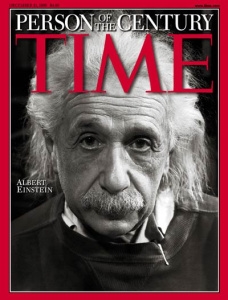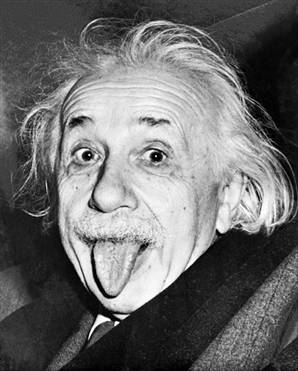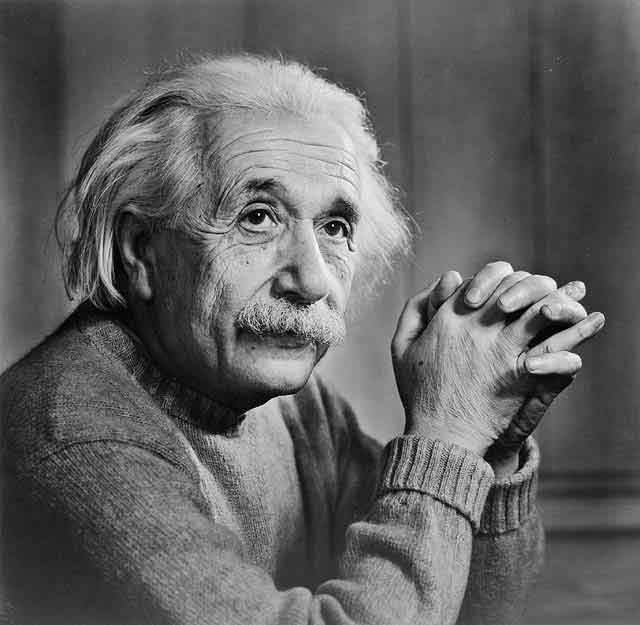 |
| (http://upload.wikimedia.org/wikipedia/en/a/a7/Einstein_TIME_Person_of_the_Century.jpg) |
My hero is Albert Einstein. He was a physicist, inventor, and mathematician from Germany who greatly contributed to the field of science and physics. Einstein discovered the theory of general relativity, and helped to form the Manhattan Project that went on to end World War II. He was named Time Magazine’s Person of the Century for these contributions.
 |
In 1879, Einstein was born in Wuttemberg, Germany. He and his family moved to Munich weeks after, Italy years later, and then Switzerland in 1896. It was here that he discovered the theory of general relativity, forever changing the field of physics, and the world’s perception of the universe. After completing his education, and moving back to Germany to teach, he renounced his citizenship and went to the U.S. There he became a professor at Princeton University. At Princeton he helped influence the forming of the Manhattan Project, which went on to build the atom bomb and end World War II. Albert Einstein died in 1955 at Princeton Hospital.
Albert Einstein was the first person to spark my interest in philosophy. To most people, he represents the face of science, and a truly great philosopher. His own philosophy has really changed my life, and made me feel more compassion towards all forms of life on earth. He helped end World War II, warning the U.S. of the threat of nuclear warfare. Although this would influence the atom bomb, which took many lives, the act was heroic itself as ending the war would go on to save countless innocent lives.
This act also greatly connects to Greek mythology. Some Greek myths end in tragedy, but innocent lives have been saved. This is the case in the legend of the hero Theseus. He was sent to slay the Minotaur, a creature part man and bull, that had been taking seven men and seven women as a sacrifice from the Athenians. Slaying the Minotaur had undoubtedly saved many lives. However, on Theseus’ return home, his father, Aegeus, mistakenly thought his son had not survived, and committed suicide. This relates in that ending the war also undoubtedly saved many lives, but not before the atom bomb had taken many innocent lives as well.
 |
While relating to Greek mythology, I believe Albert Einstein relates to English myths as well. His ideals and philosophy were very similar to the Knights of the Round Table. Einstein viewed all living beings as equals, and the knights chose a round table so no one man would be seen as inferior. Einstein’s ideals were also close to the chivalric code. Albert Einstein was brave, courageous, and felt all living creatures were worth saving. He mostly relates to the code through his wisdom. Wisdom is one of the greatest aspects of the chivalric code, and Einstein is thought of as one of the smartest and most influential men that ever lived.
Page created on 1/24/2011 12:00:00 AM
Last edited 1/24/2011 12:00:00 AM
